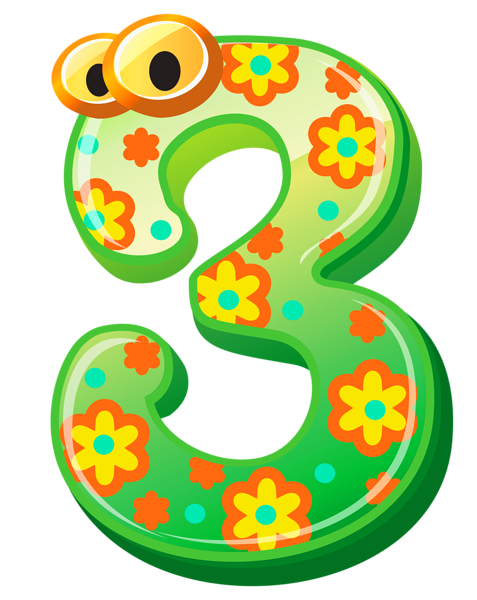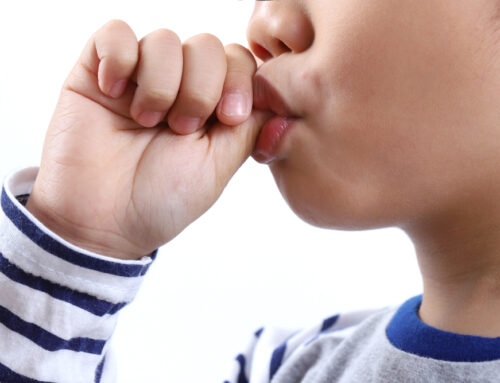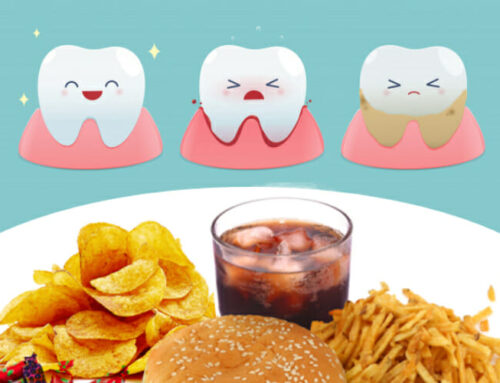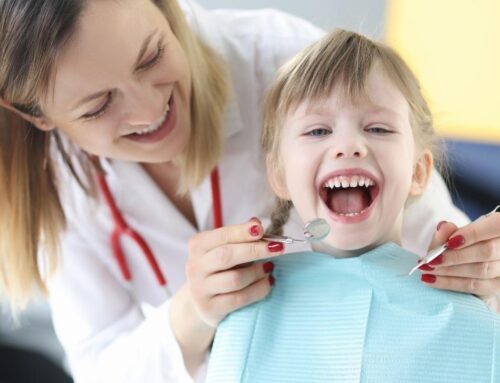Toddler & Baby Dental Care Clarified
Toddler and baby dental care is the area of Family Dentistry that garners the most questions at our Harrisburg dental practice. Teeth in this age range are so similar no matter the child’s background they often experience the same oral health issues. Unlike adults who’ve had their permanent teeth long enough to have varying degrees of damage.
Most children experience the same problems yet caregivers, especially first-time parents are often unfamiliar with how to care for the specific needs for a toddler or baby dental care. Adults and children in many areas of life have different needs, oral health care is one of those areas. Learning about preventative measures for children is the first step to avoiding the 7 most common dental problems.
Well Informed Parents Make Better Decisions
Our patients have the help of great practitioners in Dr. Icard & Dr. Strein, they serve the whole family. If you have questions? We’ve got answers!
We know that early dental care can be confusing. This is why our dental practice staff takes great care in ensuring that parents are informed about what to expect. It’s about time we work with you to take the worry out of dental care for your little ones.
Review the 7 most common dental problems discussed below. At the completion of this article call us or request an appointment online for a visit to our Harrisburg dental practice to address any further concerns.
Now, let’s jump right into the 7 common dental problems. We’ll also provide you with some preventative care tips.
 Baby bottle tooth decay
Baby bottle tooth decay
Before we start let’s clear up the obvious; we are not going to state that baby bottles are unsafe for your child. However, how you administer feedings and what you feed your child is the real problem in the “Baby Bottle Tooth Decay” discussion.
Baby bottle tooth decay is preventable when you’re proactive about preventing this condition. This form of tooth decay is the weakening of the tooth enamel to the point of total degradation or cavities. Also referred to as Early Childhood Dental Caries, this form of decay is caused when the child is allowed to consume sugary drinks like juice and soft drinks from the bottle.
Another contributing factor is bacteria that exists naturally in the child’s mouth which causes plaque buildup. Some ways to avoid having your child’s oral health affected by plaque is to establish an oral care routine within the first days after birth.
Your little one depends on you to teach them how to care for their teeth so you must have a good practice in place. Here are some suggestions for you to start after birth and beyond.
- Keep baby’s gums clean after feedings by wiping with a newly opened gauze pad dampened with water.
- Brush baby and toddler teeth gently with an appropriately sized toothbrush and a fluoride toothpaste. Most stores carry baby sized toothbrushes and toothpaste specifically formulated for early brushing.
- Never give a child anything other than water, formula, breast milk or milk to drink from a bottle.
 Abscess / Infection In The Gumline
Abscess / Infection In The Gumline
In toddlers, dental abscesses are the most commonly occurring dental care issues that require immediate attention. Abscesses presents as red swollen gums, may have an accompanying fever and throbbing pain that is not tolerable for children of this age. Some pain relief can be accomplished by administering an infant or child pain reliever.
Reduction of pain should not be the parent’s only concern. Abscesses are very dangerous for many reasons since they can puncture. Once there is a hole the pus can cause blood poisoning if it enters the bloodstream. If the abscess exists near bottom teeth swallowing this infectious pus can occur. If swallowed the infection may cause respiratory issues making it difficult to breathe.
Once your child has an abscess, it is imperative you seek immediate attention. If your child’s doctor does not accept same-day emergency appointments opt-for an urgent care or emergency room visit. Urgent care and emergency room physicians will prescribe an antibiotic for your child to take for several days. This antibiotic series will help to decrease the amount of infection and as a result, relieve some pain until you can get an appointment with your family dentist.
 Accidents That Affect The Tooth
Accidents That Affect The Tooth
Even if you are proactive about maintaining good oral health, accidents in any sort for children is unavoidable. They’re clumsy but cute, we get it. Even regular child’s play can lead to dental accidents and result in the need for emergency dental care. For a concerned parent knowing the difference between a dental emergency and one they can resolve on their own can be difficult to distinguish.
Cracked tooth
If the child has a cracked tooth, remedy this by rinsing the mouth with warm water to clean the area. You can reduce swelling by applying a cold compress to the outside of the face in the affected area. Make an appointment with your dentist to resolve cracked tooth issues ASAP.
Tooth Pain
If the child has a toothache there are options including pain relief through an infant or child pain reliever administered by mouth. Have the child rinse to remove food particles that may be stuck in a cavity. Check the child’s temperature for fever and monitor the child for an abscess or other infections. It is not suggested that parents offer something like clove oil for children because it is too easily swallowed. If clove oil is swallowed, stomach distress will follow.
Dislodged or Knocked-out tooth/teeth
For a tooth that is knocked out or dislodged, keep the area moist by rinsing with warm water until you can get him/her over to an emergency dentist or a pediatric dentist for treatment.
Note: Dislodged tooth is a serious concern and should be addressed ASAP. The real harm caused by a dislodged tooth is not always seen. A dislodged tooth can cause an infection if there is an abrasion of some sort. Abrasions can allow naturally occurring and unnaturally occurring bacteria to penetrate the soft gums. This bacteria buildup is the perfect environment for an infection to develop.
Accidents happen, as the saying goes. However, proactive parents can help their child avoid damage to the oral cavity by monitoring rough play. For sports activities, even for toddlers, it is suggested that you use a custom mouth guard for a perfect fit to diminish the likelihood of major injury.

Aggressive Sucking Habits
Babies love sucking their fingers, thumbs, pacifiers, toes and all! Well, the toe thing is just absolutely cute and usually causes no known dental problems as long as those tiny toes are clean. The problems with sucking for soothing comes into play when the child uses fingers, thumbs, pacifier or even tongue thrusting in an aggressive manner.
Baby sucking is a common occurrence because it is a natural reflex. It helps the baby to relax and makes them feel safe and happy. Most children will stop sucking by the age of 4. After 4 years old, sucking can cause damage to the growth of permanent teeth as they come in. This damage can affect your child’s ability to chew or even enunciate.
If the child is not aggressively sucking, then there may be no need to worry. If you find that your child is experiencing difficulty due to thumb sucking or finger sucking consult Dr. Icard or Dr. Stein, dentists in Harrisburg, NC to learning about how to prevent damage to the teeth and jaw.
 Misaligned Teeth
Misaligned Teeth
Crowded or crooked teeth, known as Malocclusion, is much more noticeable among children who are 5 years or older. But if your baby or toddler is at risk of developing this condition, then it may be time for you to consult your family pediatric dentist. Early consultation will allow you to help your child avoid gum disease, cavities or jaw misalignment.
Misaligned teeth can affect the proper development of the jawline, makes it easy for a child to get a tooth fracture and wears down the tooth enamel.
 Premature Tooth loss
Premature Tooth loss
Premature tooth loss is not as commonly occurring as some other dental problems. However, it is noted here in this article because it occurs commonly enough for it to be a parent concern.
When a child loses a tooth prematurely, for the child it may be a time for excitement if they are true believers in the tooth fairy! However, for the real Tooth Fairy, the parent, this may be a bit more of a concern. Premature tooth loss can occur as a result of injury, tooth decay or infection.
Reduce the risk of premature tooth loss by practicing good oral hygiene from a few days after birth. Another option to consider is sealants, they are an easy way to protect the child’s teeth because they act as a barrier to areas that are commonly affected by large cavities. Discuss dental sealants for children with your dentist. They can be used for your child’s baby teeth and/or permanent teeth.
Delayed Tooth Development
Why are my child’s teeth not growing? This is a question that is posed to the dentist usually before it’s really even an issue. Some parents may become concerned if their child’s tooth development does not occur as fast as their other children have or even may have not developed according to the schedule that some dentist suggests.
Delayed dental eruption is not an issue before 6 months old. With most children beginning to develop teeth before/at 6 months we can understand why it would be a concern for your child to reach that age and not have developed teeth sufficiently. Between 8 to 10 months if the child has not developed at least his first tooth then there may be some cause for concern and it is best that you seek the counsel of a qualified dental physician.
Delayed tooth development after 12 months can often be a result of local factors such as a tooth in the path of the eruption space, insufficient space in the dental arch or dental infection. This delay often only affects the third molars, second premolars, and canines since these are the last teeth to erupt and may take longer to do so.




